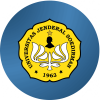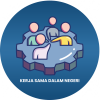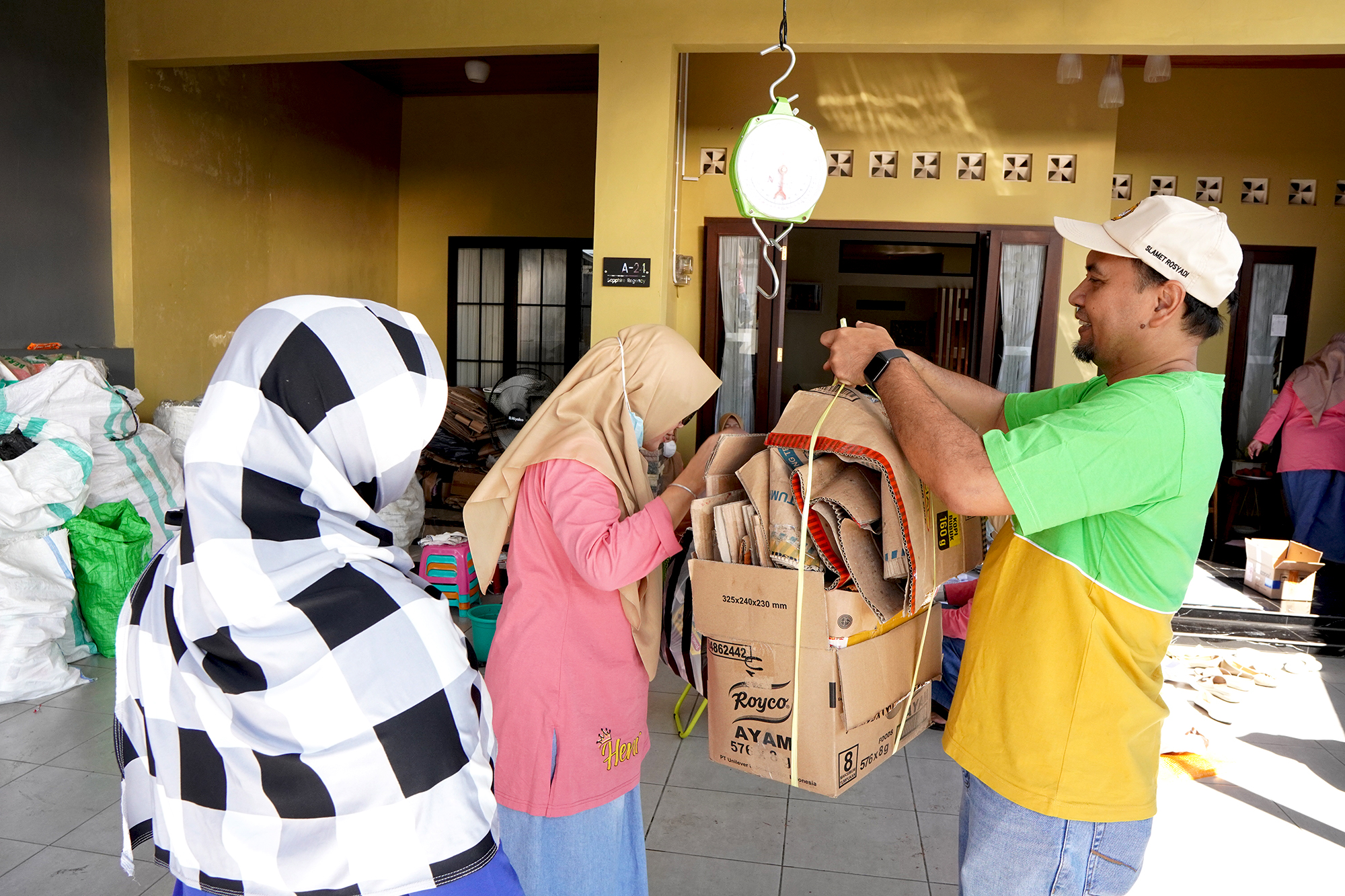Jenderal Soedirman University (Unsoed) promotes a community-based waste management program in collaboration with local residents. This initiative, named Bank Sampah Ramah (Friendly Waste Bank), aims to increase environmental awareness through an integrated system for sorting and managing waste.
This partnership represents a significant step in enhancing cooperation with the community and is part of the Impactful Campus Program launched by the Ministry of Higher Education, Science, and Technology (Kemdiktisaintek).
Sulardi, the head of the RT 01 Saphire Regency Housing Complex in West Purwokerto, explained that he first learned about the waste management program from Professor Slamet Rosyadi, a lecturer at the Faculty of Social and Political Sciences at the University of Jenderal Soedirman (Unsoed). This program is part of Unsoed’s community service initiative.
“It was initially introduced by Professor Slamet, who is also an environmental activist. He manages a waste bank in the housing complex along with his wife,” he said (02/07).
Bank Sampah Ramah was established on October 11, 2019, under the Kober Village Head Decree No. 580/07/X/2019. Its main objective is to provide comprehensive, integrated, and economically valuable solutions to waste problems for the community, while also protecting public health and the environment. Currently, Bank Sampah Ramah serves approximately 80 households.
Sulardi explained that prior to the implementation of this program, the volume of waste in the Saphire Housing Complex was substantial due to the mixing of wet waste, dry waste, and plastic waste. With the introduction of the Ramah Waste Bank, waste began to be sorted and recycled, significantly reducing the overall waste volume. Organic waste is repurposed for use as fish feed and plant fertilizer.
“We collect plastic and metal every month and deposit them at the waste bank. Additionally, each household has a designated area for organic waste, which is processed into fish feed and fertilizer,” continued Sulardi.
Regular training and guidance from Unsoed have motivated residents to actively participate in this program. This waste management initiative has increased public awareness about the importance of protecting the environment by reducing littering.
“What is clear is that we have become more aware of waste, particularly plastic waste, leading to more responsible disposal practices. The community has also begun sorting plastic waste to prevent environmental pollution,” concluded Sulardi.
The role of waste banks in reducing the amount of waste sent to landfills requires the full involvement of their managers. Although it was established in 2019, Bank Sampah Ramah has successfully managed an average of 1,713 kg, or 1.7 tonnes, of sorted waste per year by 2023. This waste sorting not only generates additional income for customers but also highlights the importance of public participation in waste management.
In the future, it is hoped that this program will be promoted to a broader community. Waste banks are anticipated to serve as an alternative solution for waste management through community involvement. With these waste management programs in effect, there is optimism that Banyumas can achieve the status of a clean city.
















